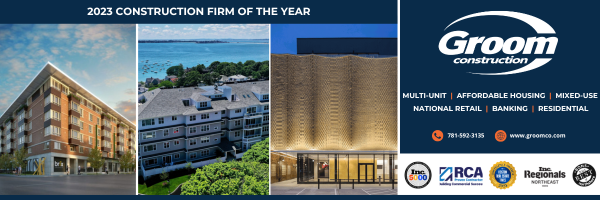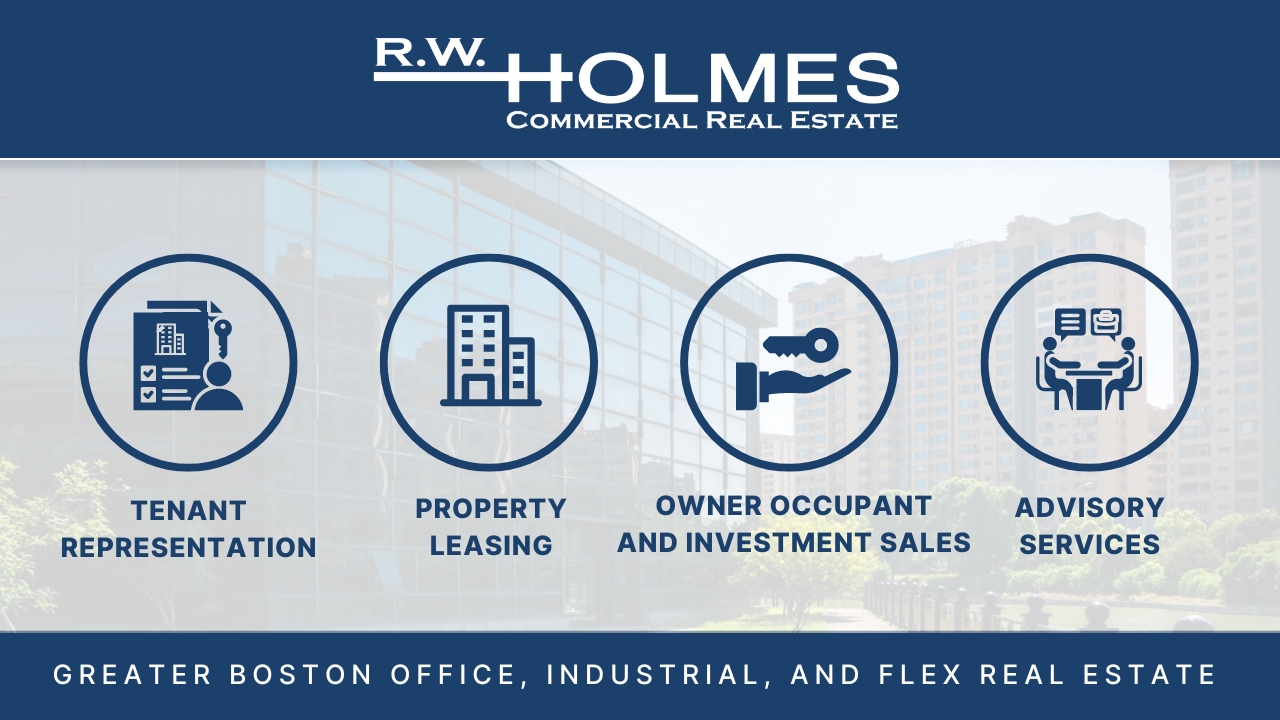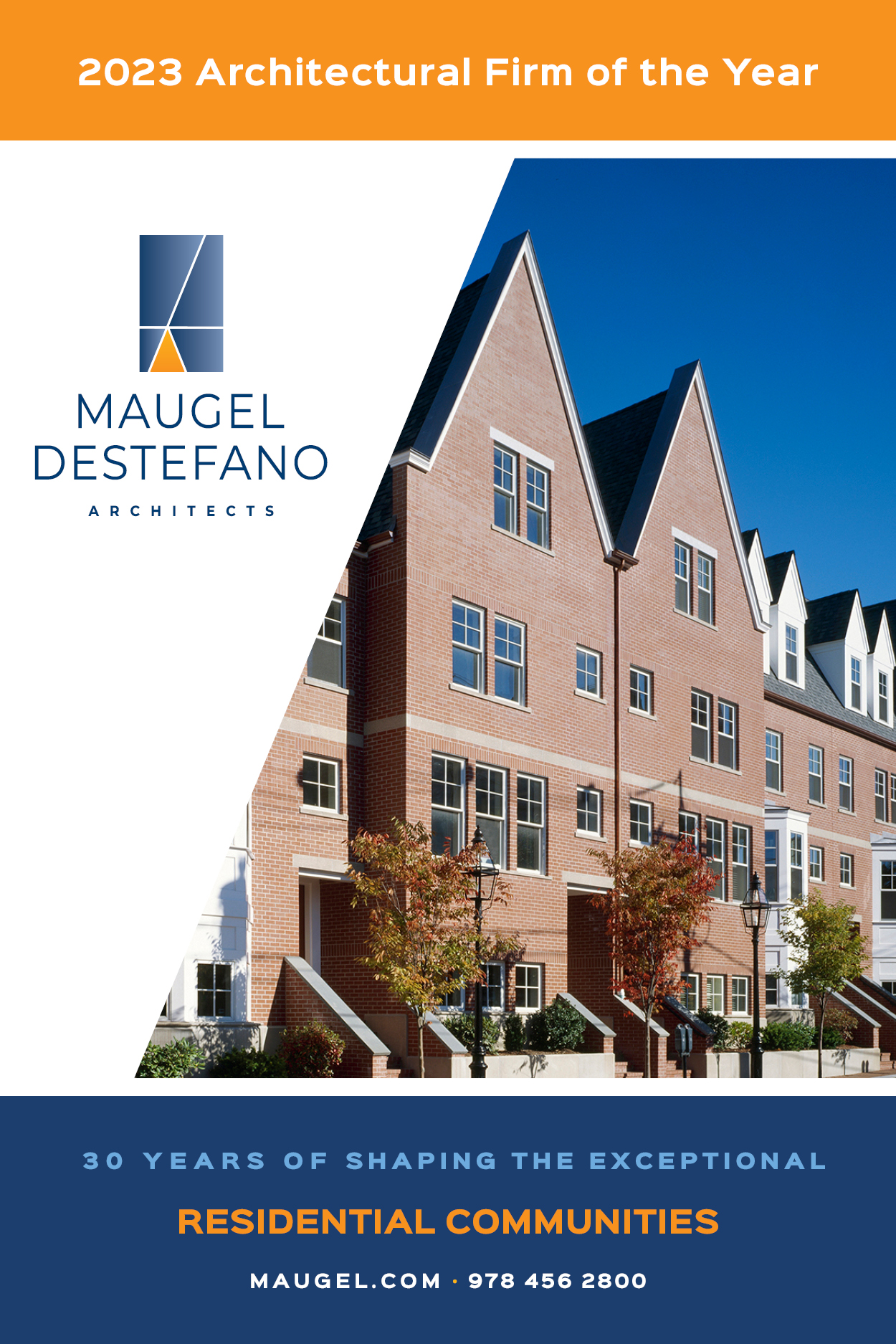BOSTON– Demand for new life sciences lab space is far outpacing available space in the Boston area with a record number of large biotech and pharma companies seeking 100,000 sq. ft. or more as the industry rapidly expands amid a global race for new drug development, according to a new report from CBRE. “The Boston lab market Is expanding at an unprecedented pace,” said Jon Varholak, Vice Chairman of CBRE. “With over $9.3 billion of venture capital funding having flowed into Boston area life science firms in the first three quarters of this year, demand from start-ups is at an all-time high. We’re seeing record-setting rents and historically low vacancies as a result.”The vacancy rate for existing lab and research & development space is just 1.1 percent in the Boston-Cambridge market as average asking rents skyrocket, jumping 7.5 percent to $94.62 in September compared to March 2021. In Boston and Cambridge where vacancy is 0.1% and 0.3% respectively, the average asking rents are above one hundred dollars per square foot at $100.00 in Boston and $112.79 in Cambridge. Leasing of lab space is being pushed into submarkets outside the urban core, including Watertown and Route 128 West. Ten million sq. ft. of lab space is under construction in the Boston area which includes 9.3 million sq. ft. of “spec” construction — meaning developers broke ground with no tenants signed at the time. Six million sq. ft. is expected to deliver by the end of 2022 and 3.2 million sq. ft. is being converted from other uses such as office or warehouse space. In Boston, life sciences employment has grown faster than the U.S average over the past 1, 3, 5, 10, and 15 years. In fact, the city of Boston (Suffolk County) only has about a sixth of the life sciences employment as Middlesex County, the region’s historical and dominant base of the industry which includes Cambridge, Waltham, Lexington, among others, yet the city of Boston has grown more rapidly over the past year (7.5% vs. 5.2%), 3 years (34.5% vs 25%), and 5 years (61% vs. 43%).“Life sciences labs quickly have quickly become a highly sought-after property type for both tenants and investors,” said Ian Anderson, CBRE’s Americas Head of Office Research. “This intense demand for lab space is the natural result of a global push for new medicines begetting strong funding and hiring in the life sciences sector.”Many factors are fueling the life sciences market, including global demand for vaccines for COVID-19 and viruses like it. Initial public offerings for life sciences companies in the U.S. are on pace for a record year of raising roughly $13 billion. Venture-capital funding for U.S. life sciences companies exceeded $30 billion, the most on record, in the 12 months ended in September. Job growth in U.S. biotech and research & development sectors registered a 12.1 percent gain in September from a year earlier.
© Newspaper WordPress Theme by TagDiv




















